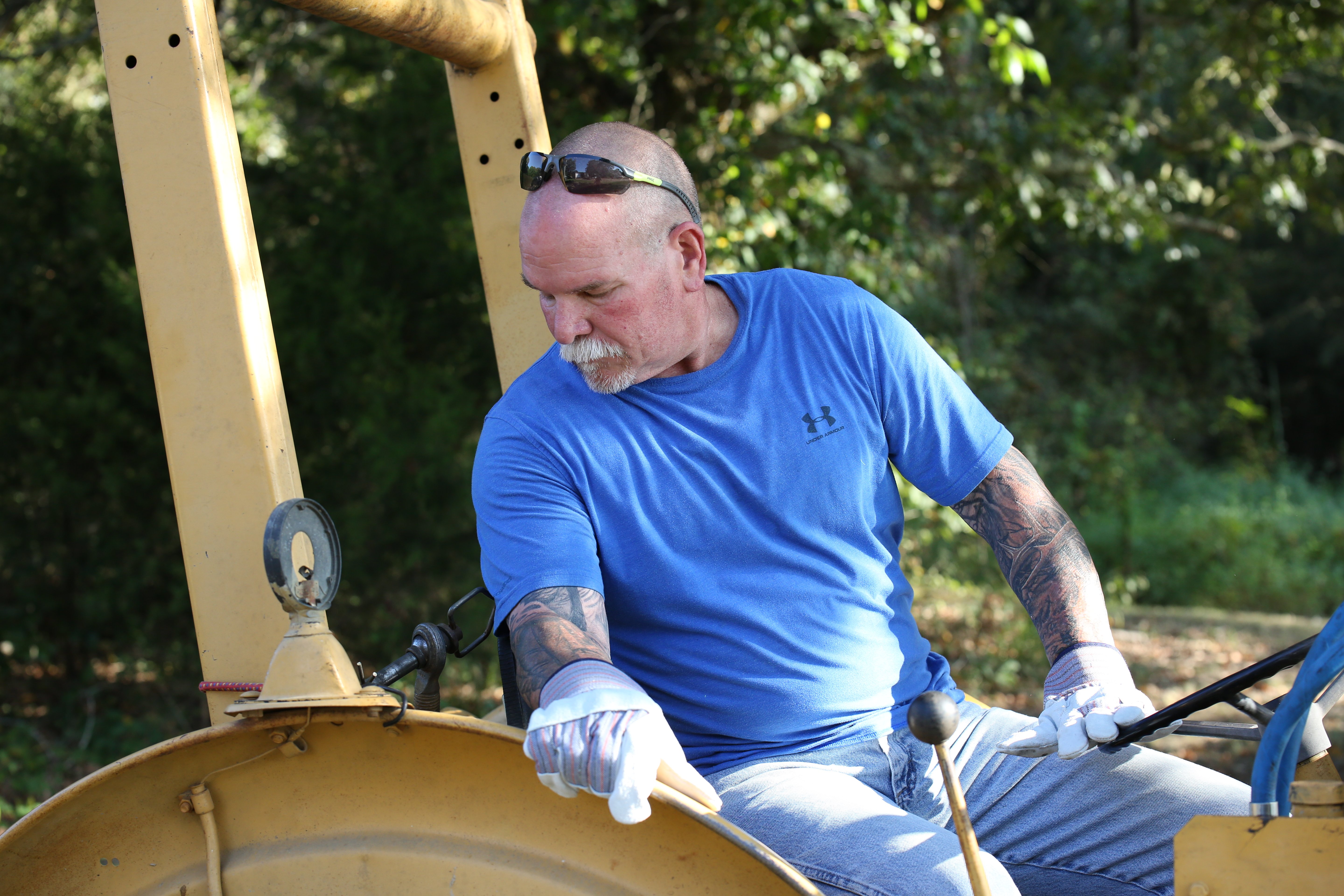
Agricultural Safety: PPE for Farmers and Agriculture Workers
Agriculture may be one of the oldest industries in the world, but it isn’t without its hazards. Every day, 100 agriculture workers suffer lost-work-time injuries. These injuries happen from a variety of causes, but many could have been avoided or lessened by wearing proper personal protective equipment (PPE). While needs vary based on the environment, PPE is essential for agricultural safety.
The Hazards
Some hazards, farmers have faced since the dawn of domestication. Some are born of the technology that has given today’s farmers a leg up on their predecessors. Unfortunately, these advancements sometimes carry an increased risk of illness or injury.
Pesticides

Pesticides and other plant protection products help farmers create more and better food to help feed the population. Unfortunately, these pesticides can sometimes include harsh chemicals that put farmers at risk for illnesses. Exposure to these chemicals can cause short-term symptoms like headaches and even chronic illnesses like cancer. Farmers may also encounter non-pesticide chemicals in other facets of their jobs such as ammonia.
A study by the Science of Total Environment found that nearly half of farmers showed unsafe PPE practices when using or exposed to pesticides. While hats and boots were commonly worn, gloves, eye protection, and face coverings were not used with frequency.
Equipment
Large farms often use heavy machinery to manage their acreages such as tractors and combines. These machines make the work easier, but also add to the risk of injury as they can be powerful and dangerous if used improperly or by someone untrained. PPE and proper training can reduce these risks.
Animal-Borne Illness
While farming is typically associated with growing crops, it can also apply to animals. Animal farming and ranching are bedrock industries in many areas of the US and the world. Working with animals introduces its own hazards, including exposure to bacteria in feces and animal-borne illnesses. These can cause temporary sickness and even death in some agricultural workers. Work with animals can also cause long-term conditions like Bird Breeder’s Lung in chicken farmers if they don’t take proper precautions.
Agricultural Safety Products
When it comes to protecting farmers and agriculture workers, PPE should be utilized based on the task and job site.
Eye Protection
Eye protection for agricultural safety comes in different forms. Most often, it will include protection from the sun and natural elements by sunglasses. In other instances, it will require safety eyewear and goggles that provide protection from chemical splash (D3) and dust (D4/D5). Our new Cappture Pro provides D3 and D4 protection.

Skin and Body Protection
Like with eyes one of the biggest dangers to agriculture workers’ bodies is the sun. Not only can too much exposure cause sunburn and skin cancer, but it could also lead to a heat stroke or other related illness. Cooling protection and strategies are crucial to reducing that risk. Long clothing like coveralls should also be worn when dealing with crops or chemicals that could irritate the skin or cause punctures. Properly treating and covering any open cuts or abrasions is crucial for keeping out chemicals and bacteria.

Gloves are another important component of agricultural safety. Whether working with plants, animals, or machines, gloves protect hands from punctures, abrasion, burns, and chemicals. Leather gloves are one of the more popular options in the farming sphere, but there are many hand protection options to choose from to help get the job done.
Respiratory Protection
Most farmers are familiar with the saying “You are what you eat.” However, they should be more worried about what they breathe in. Dust, chemicals, mold, and components of animal feces can harm the lungs and bodies of agriculture workers. Respirators and face masks can protect against droplets and airborne hazards.
Hearing Protection
Hearing protection is often not necessary on the farm. But there are some instances where farming equipment exceeds the safety threshold of 85dB. In these cases, earmuffs or earplugs should be used to reduce the risk of hearing loss. This is especially important when using equipment that doesn’t feature a soundproof cab.
.png?width=300&name=Untitled%20design%20(6).png) A variety of PPE should be worn to ensure the safety of agricultural workers and farmers. These workers are a crucial part of the world economy, and their protection is important to feeding the world.
A variety of PPE should be worn to ensure the safety of agricultural workers and farmers. These workers are a crucial part of the world economy, and their protection is important to feeding the world.
Don’t work in agriculture? Stay tuned to our blog for posts exploring other industries like power and electricity.




